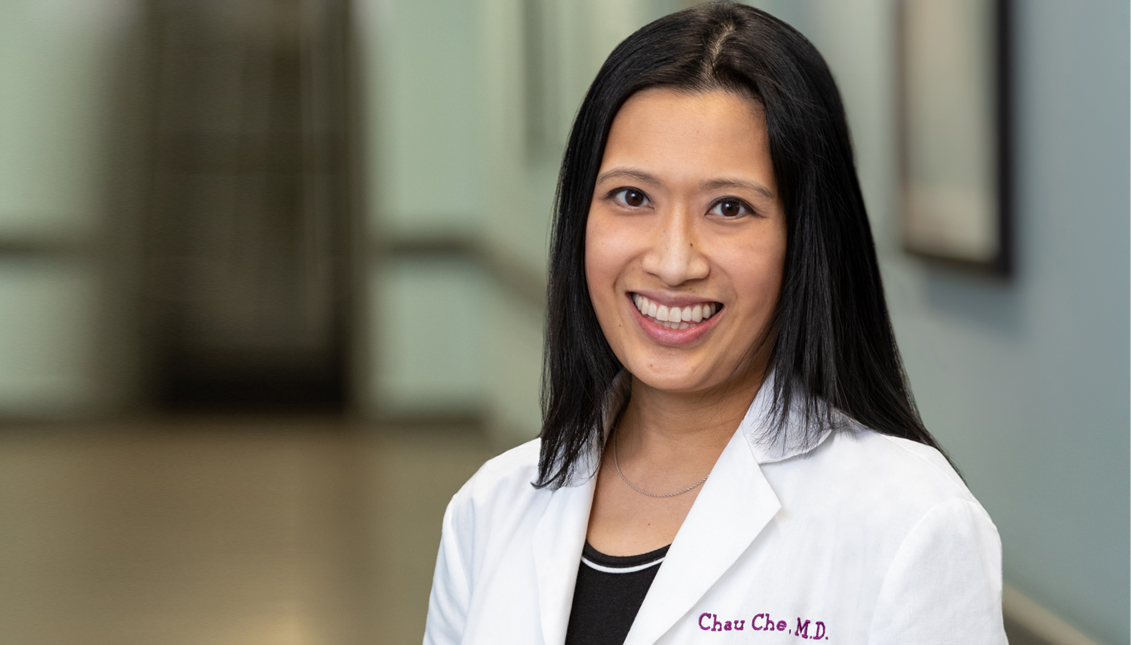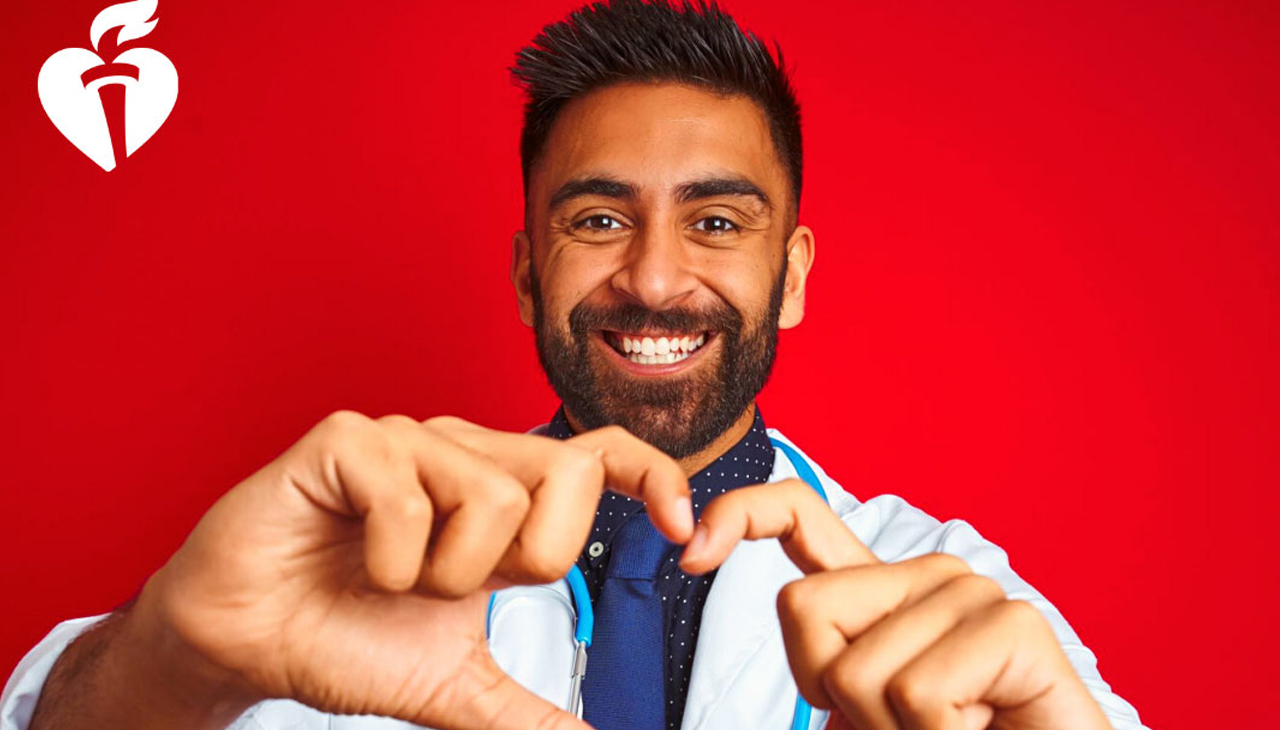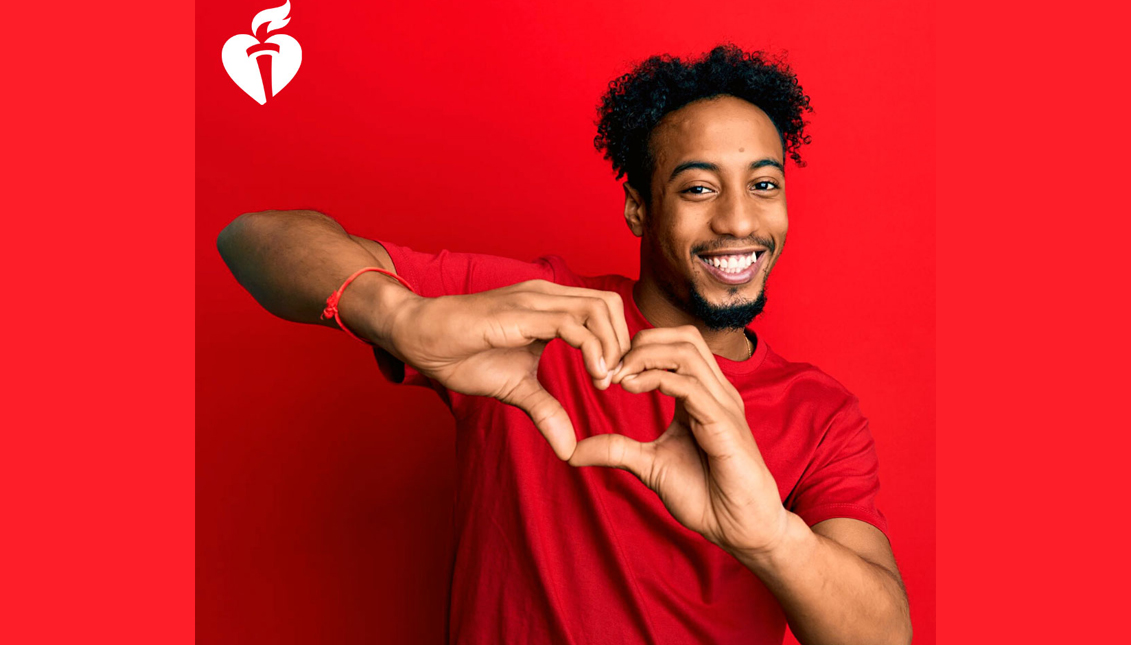
Top 5 Things To Know About Colorectal Cancer Prevention
March is colon cancer screening awareness month, but for Dr. Chau Che of Temple Health, every day is about ensuring that more people know about how to prevent colorectal cancer and access screenings.
As a multilingual gastroenterologist, Che — fluent in Vietnamese and Spanish — focuses on ensuring people from all communities, especially Vietnamese and Latino communities, know about risk factors and prevention methods for colorectal cancer, and get access to screenings.
Here are five facts about colorectal cancer prevention and screenings that Dr. Che shared with AL DÍA in a recent conversation.
Colorectal cancer screenings don’t just provide early detection of cancer — they can actually prevent cancer from developing.
“We go in and do a colonoscopy, and we’re looking for something called polyps, which are abnormal growths that can grow over time and become a colon cancer. And at that time of the colonoscopy, you can take that out and prevent colon cancer at that moment. There’s no other type of cancer that’s possible,” Che says.
“It doesn't matter if you have symptoms or not, if you’re 50 years old it means you need a colonoscopy to prevent colon cancer because that’s the number one risk factor for it,” Che says. She recommends getting a colonoscopy once every ten years once you turn 50. If you have a family history of colon cancer, then you might want to start getting screenings at an even younger age.
If you are found to have pre-cancerous polyps, then your doctor might recommend that following their removal you have more frequent screenings, every 3 to 5 years.
A colonoscopy should not be painful.
CONTENIDO RELACIONADO
“Patients are asleep for the procedure, and often they wake up and they say, ‘Doctor, that was it?’, or they didn’t even realize the procedure was done already because they were asleep,” Che says. She recommends speaking with your primary care physician about your fears or reservations about the procedure.
Talk to your physician — and, if you can, find a provider who can speak to you in the language you feel most comfortable speaking.
Che speaks both Vietnamese and Spanish, in addition to English, and says that as a doctor, she can see how important it is for patients to be able to talk to their doctor in their native language, if possible.
“When it comes to something as personal as having a colonoscopy...explaining that in their own language provides such a comfort level,” Che says.
She notes that Spanish-speaking patients will feel especially comfortable where she works at Temple Health’s Northeastern campus, as nearly all of the staff speaks Spanish.
There are online resources to learn more about colorectal cancer and tips for your gastroenterological health.
In addition to in-person conversations with your doctor, Che says anyone can find great information online about your gastroenterological health. The American College of Gastroenterology web page has resources in Spanish and English, and has resources about colon cancer prevention as well as general best health practices.










DEJE UN COMENTARIO: